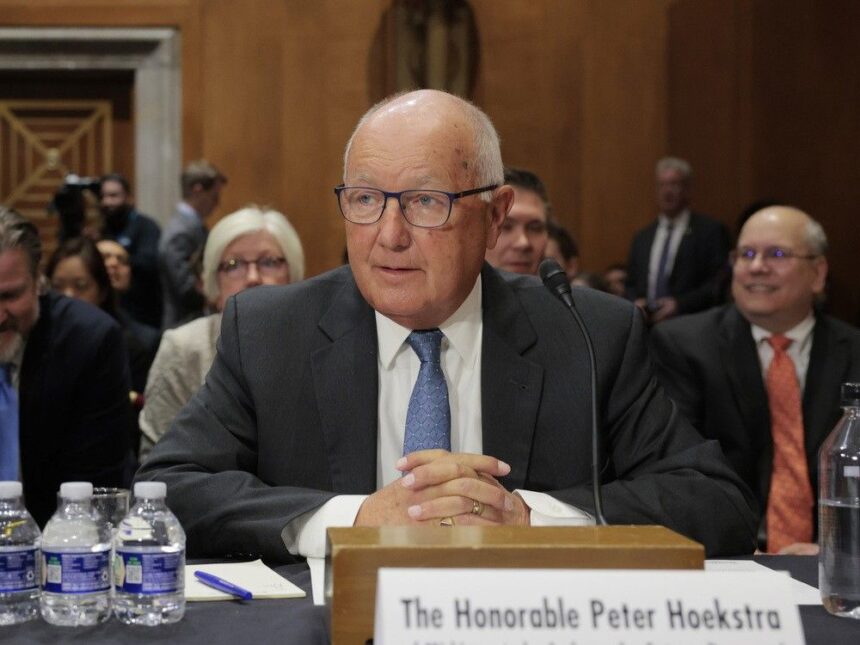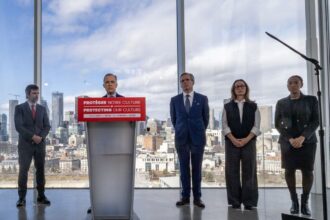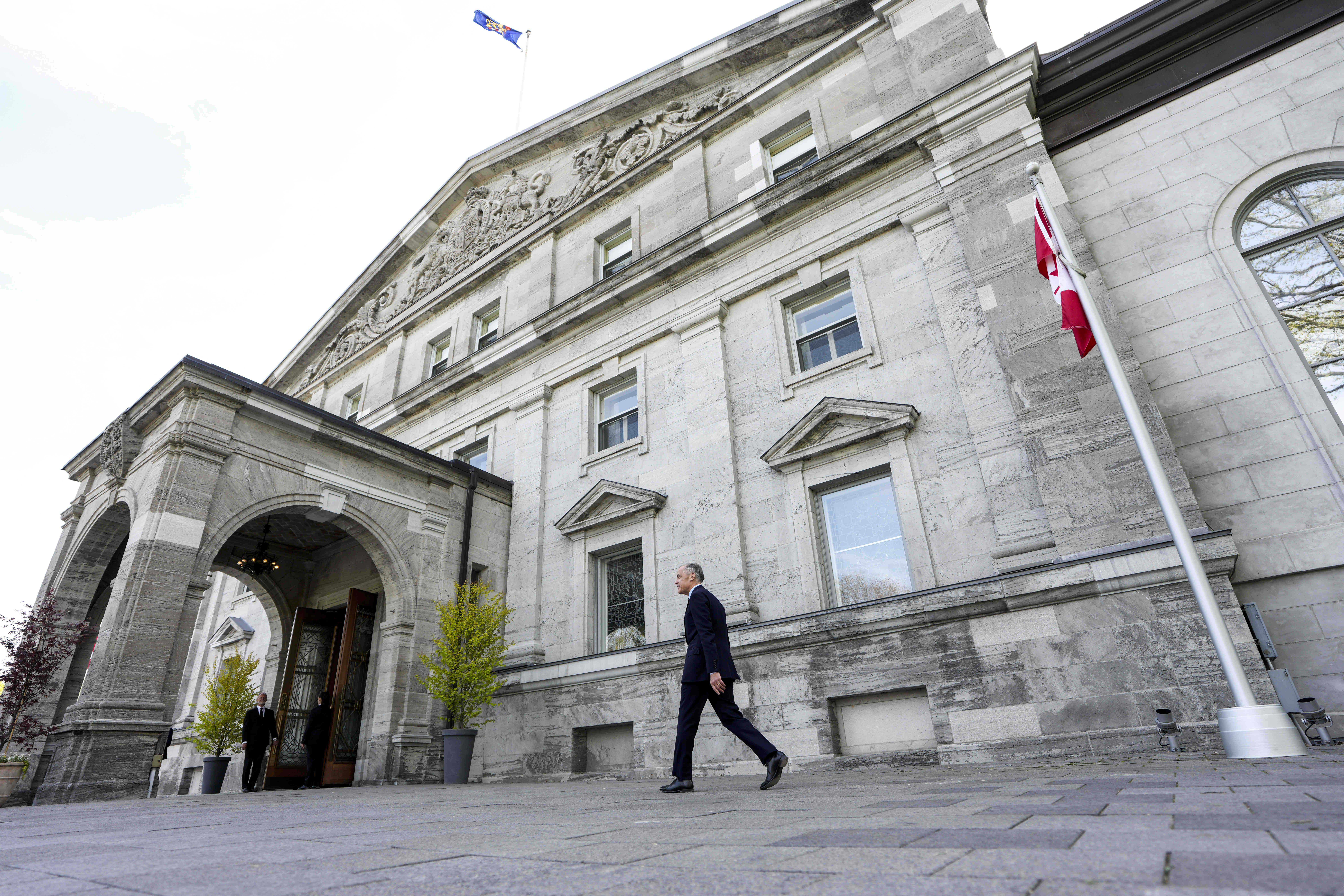The diplomatic waters between Canada and the United States appear to be calming after U.S. Ambassador David Cohen declared that former President Donald Trump’s controversial “51st state” comments are now firmly in the rearview mirror. The ambassador’s statements come as both nations work to maintain their crucial bilateral relationship amid heightened political rhetoric.
During a campaign rally in Michigan last month, Trump sparked significant concern north of the border when he suggested Canada had taken advantage of the United States on trade issues, adding that the country should be turned into “the 51st state” to resolve these disputes. The remarks immediately triggered alarm across Canada’s political landscape, with Prime Minister Justin Trudeau and other officials quickly defending Canadian sovereignty.
“We’ve moved past that,” Ambassador Cohen told reporters during a press conference in Ottawa yesterday. “Both countries understand the importance of our relationship, which goes far beyond campaign rhetoric. Our economic and security partnerships remain as vital as ever.”
Cohen emphasized that the bilateral relationship between the two countries represents one of the most successful international partnerships in modern history, with approximately $2.6 billion in goods and services crossing the border daily and supporting millions of jobs on both sides.
Canadian Foreign Affairs Minister Mélanie Joly, who met with Cohen earlier this week, echoed this sentiment while maintaining a cautious approach. “While we acknowledge the ambassador’s reassurances, Canada remains vigilant about protecting our sovereignty and trade interests,” Joly stated in a separate briefing.
Trade experts note that the controversy highlights ongoing tensions in the Canada-U.S. relationship, particularly regarding the implementation of the USMCA trade agreement that replaced NAFTA. Several disputes remain unresolved, including disagreements over dairy market access, softwood lumber, and digital services taxation.
“The rhetoric may have cooled, but the fundamental trade irritants that prompted Trump’s comments haven’t disappeared,” explained Dr. Margaret Wilson, international trade professor at McGill University. “Canadian officials are preparing contingency plans should Trump return to office and pursue a more aggressive trade stance.”
The ambassador’s comments also come as both countries prepare for potential shifts in the political landscape. With U.S. presidential elections approaching next year and polling showing a potentially tight race, Canadian officials have been quietly developing strategies for various electoral outcomes.
Business leaders from both nations have expressed relief at the diplomatic cool-down. “Uncertainty is the enemy of commerce,” said Brian Thompson, CEO of the Canada-U.S. Business Council. “Our integrated supply chains and border communities depend on stable relations between Ottawa and Washington.”
Though the immediate diplomatic tension has subsided, the episode has prompted deeper reflection in Canadian political circles about the country’s economic dependence on the United States, which receives approximately 75% of Canada’s exports.
As relations stabilize, the key question remains: Can Canada and the United States build a more resilient relationship that withstands the inevitable political storms that accompany electoral cycles, or will Canada need to accelerate efforts to diversify its trade partnerships beyond its southern neighbor?


















